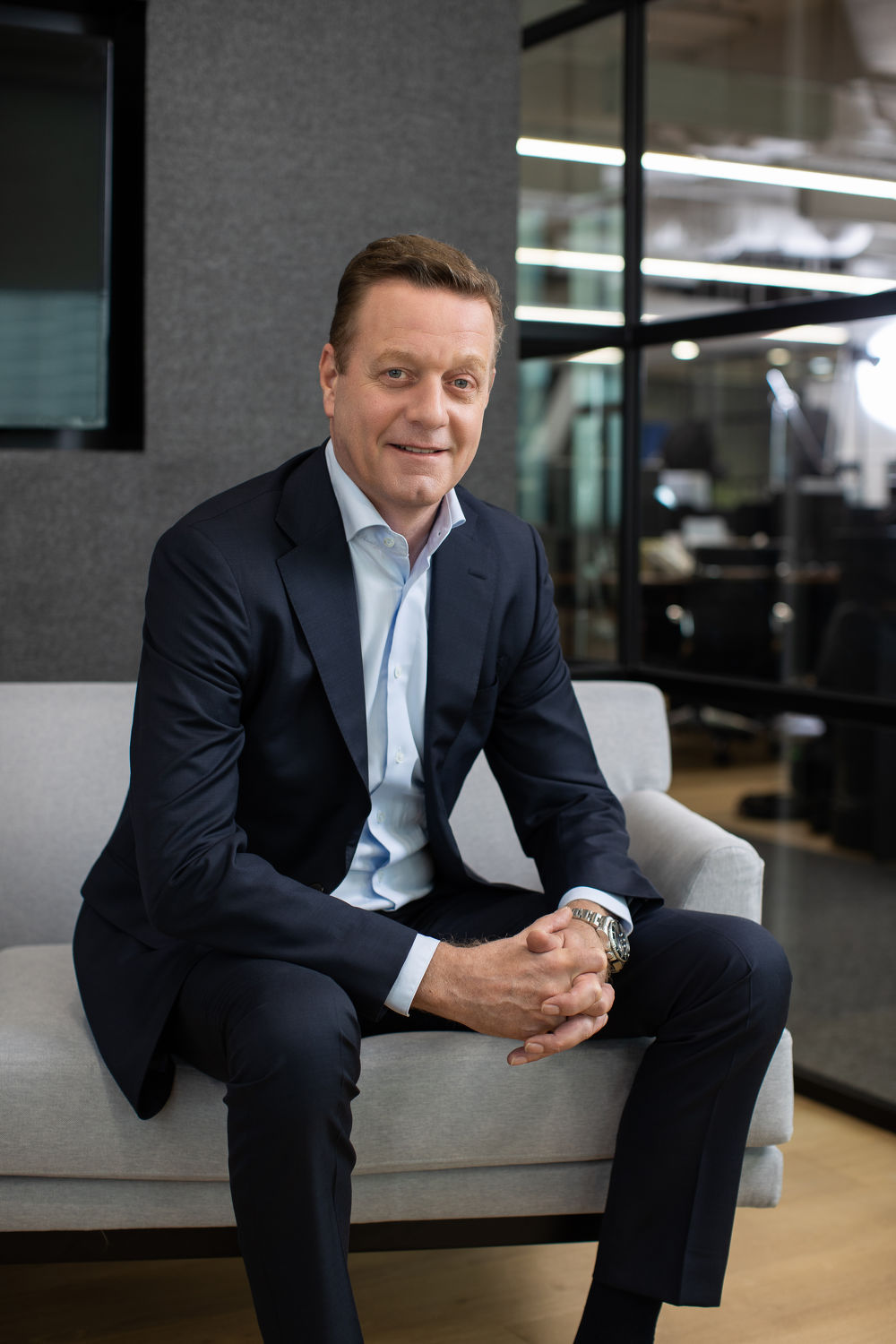The consideration valued Keppel Logistics at an enterprise value of $150 million on a cash-free, debt-free basis, even though the entities that were divested registered a net loss of $5.2 million for the FY2021 ended Dec 31, 2021.
Boots explains that Keppel Logistics was acquired so that Geodis, as a group, can “accelerate expansion and [its] footprint in the Apac region as one of the major growth drivers”, although he is keen to pursue both organic and inorganic growth.
“Specific to Keppel Logistics’ profile of business, which is largely in logistics and e-commerce, we have a strategy in Apac that the focus is on expanding our logistics footprint in key strategic areas. Those areas are looked at from an organic investment perspective, which we’ve done in a number of countries, [mainly] China, Korea, India proactively.”
The acquisition is “one step further” in the completion of the group’s strategic ambitions, of growing its logistics footprint in the region. “Our focus, really, in the region, is Singapore for Apac, China for China, India for India, which is where the materiality of the logistics market today is in real terms,” he says.
See also: $90 mil AEI to add 62,000 sq ft of GFA, office space to NEX shopping mall
“Singapore, as a key logistics hub in the region, is a key focus point for our investments — not just in warehousing and logistics, but also in e-commerce,” he notes. “It is the starting point of our Asia road network, which is a hub-and-spoke network that spans across from Singapore, through Malaysia, Thailand, all the way to Vietnam, then crossing the border into China, connecting with the China road map. We are gradually building quite an extensive network that provides multiple services and value propositions to our customers.”
“This acquisition is one piece of the bigger puzzle that we’re trying to complete in the region,” he adds.
“Geodis has a fairly extensive e-commerce business on a global scale. With Apac being the fastest growth area in terms of e-commerce, obviously lifted by the emergence of Covid-19 2½ years ago, we need to expand our capacity much faster than originally expected,” says Boots.
See also: Target, Walmart, Whole Foods targeted in botulism suits
“Keppel provides that larger capacity and a fairly substantial presence that it has built through UrbanFox into the e-commerce market… We [also] felt very early on, that the Keppel team was a good cultural fit with the Geodis team. That’s a key driver for success in the future,” he continues.
E-commerce to be a ‘key driver’ in Apac
On Apac’s growth rate, Boots cites the example of Singapore’s growing e-commerce market. In 2021, the republic’s e-commerce market was worth about $6 billion. That number is set to grow to $15 billion in 2025.
In an earlier statement, Geodis’ CEO Marie-Christine Lombard noted that the acquisition marked a “key milestone” in the group’s Apac ambitions.
Boots explains: “We’re a leader already in the freight forwarding sector in Apac and globally. We have a very substantial presence there. In the contract logistics market in Apac, we’re looking to tap into the exponential growth of the market. That includes the exponential growth of e-commerce, which compounds the logistics outsourcing.
“To accelerate that expansion through acquisitions — it’s a key journey for us to complete those ambitions. [The acquisition] is probably the first in a set of organic investments as well as potential acquisitions as and when they become available.”
Besides e-commerce, the growth of the regional logistics sector will also come from the so-called “de-risking” of supply chains away from China. “A lot of the Southeast Asian countries are the main beneficiaries of that de-risking process. [With] Vietnam, you see a great return back to Malaysia again. [Then there’s] Thailand… [and then there’s] the Philippines,” says Boots.
To stay ahead of Singapore and the region’s corporate and economic trends, click here for Latest Section
He adds that the predicted growth in all of the Southeast Asian countries represents double-digit growth from its current figures.
“I’m very, very bullish about the future of Asean. Also, because I think a lot of the focus in the industry traditionally has gone to China.It’s an obvious strategy for anyone to do this because there’s ample growth in China. But Southeast Asia, with a population of 600 million [and] most of them rising into the middle class, there’s an enormous potential and enormous force,” he says.
“They’re far more united. There’s a very clear united approach amongst the Southeast Asian countries. To me, that’s an obvious choice for us to focus our growth on and to rebalance some of it with the China strategy, which will continue to grow, by the way, no question about that. But the rebalancing within the group would be a good hedge.”
“They’re far more united. There’s a very clear united approach amongst the Southeast Asian countries. To me, that’s an obvious choice for us to focus our growth on and to rebalance some of it with the China strategy, which will continue to grow, by the way, no question about that. But the rebalancing within the group would be a good hedge.” 
Boots: Technology is going to be the key driver of this industry going forward… in terms of artificial intelligence, robotics, [especially when] resources are scarce in Apac, Europe and the US




